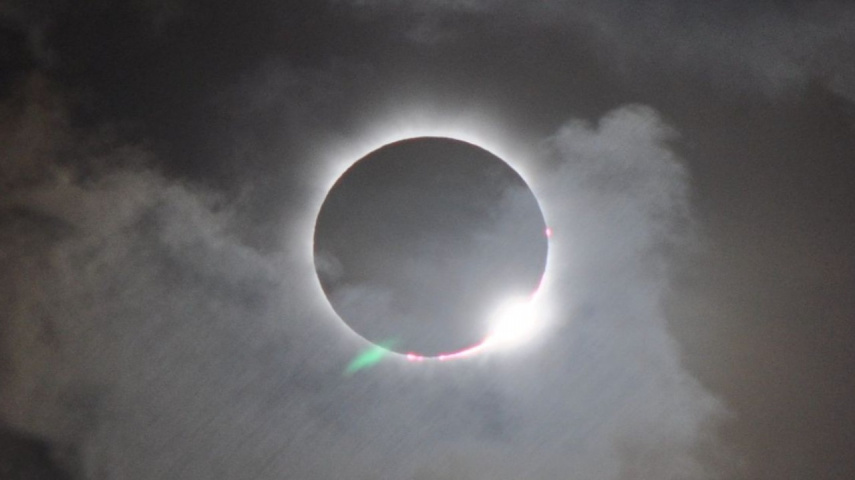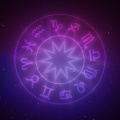NASA shares video showing Solar Eclipse from space; see here
NASA has shared a video that shows the 2024 solar eclipse as seen from space. Millions of people across North America saw this amazing celestial event, which will not happen again until 2044.

-
NASA shares video capturing the Solar Eclipse of 2024 from space, a phenomenon not to be seen again
-
Millions across North America watched in awe as the Moon obscured the Sun along its path of totality
NASA has released a video that captures the rare total solar eclipse of 2024 as seen from space. Such eclipses are rare and won't be visible over the contiguous United States again until August 2044, so this event marked a significant moment in astronomical history, as per NEWS 18. Furthermore, this part of the world won't see another annular eclipse, a lunar eclipse in which the moon partially blocks the sun until 2046.
Millions witness the rare phenomenon
The path of totality, in which the Moon totally blocks out the Sun, passed through several cities on Monday, exciting a vast number of people in parts of Mexico, Canada, and the United States. On its official YouTube channel, NASA broadcasts a live feed of the eclipse, giving viewers a chance to see the celestial phenomenon for themselves.
The Mexican beachside resort town of Mazatlan was the first major viewing spot in North America, as the western and northern parts of New York State witnessed a total eclipse for the first time in almost a century. The partial eclipse started its journey across the United States in southern Texas, close to Eagle Pass on the southern border with Mexico.
Emphasis on safety and viewing precautions
Although NASA encouraged people to take advantage of the total solar eclipse, they also stressed the importance of taking safety measures. The space agency reiterated the risks associated with staring directly at the Sun without wearing special eye protection made for viewing.
It stressed that serious eye damage could result from looking at any portion of the bright Sun through a telescope, binoculars, or camera lens without the appropriate solar filters. NASA advised against using regular sunglasses during the partial phases of the eclipse because they do not offer enough protection. Instead, the agency stressed the need to use safe solar viewing glasses or handheld solar viewers.
The agency also issued a warning against using a handheld solar viewer or wearing eclipse glasses while looking at the Sun through optical devices because concentrated solar rays can damage the filter.
Scientific insights and weather effects
In addition to being a breathtaking sight, the solar eclipse provided scientists with an important new understanding of solar phenomena and how they affect Earth's atmosphere.
Understanding how solar material flows from the Sun and affects space weather, which in turn affects GPS and long-distance radio communications, is improved by observations made during eclipses.
Temperature, wind speed, and humidity all fluctuate when the Moon casts its shadow across the surface of the Earth during a solar eclipse.
Temperatures can decrease by about ten degrees along the path of totality, along with changes in wind and cloud cover and an increase in humidity. Scientists can examine how solar activity affects Earth's climate thanks to these variations in the atmosphere.
ALSO READ: Total Solar Eclipse 2024: Time, path, duration, how to watch online and more





 JOIN OUR WHATSAPP CHANNEL
JOIN OUR WHATSAPP CHANNEL




































































































